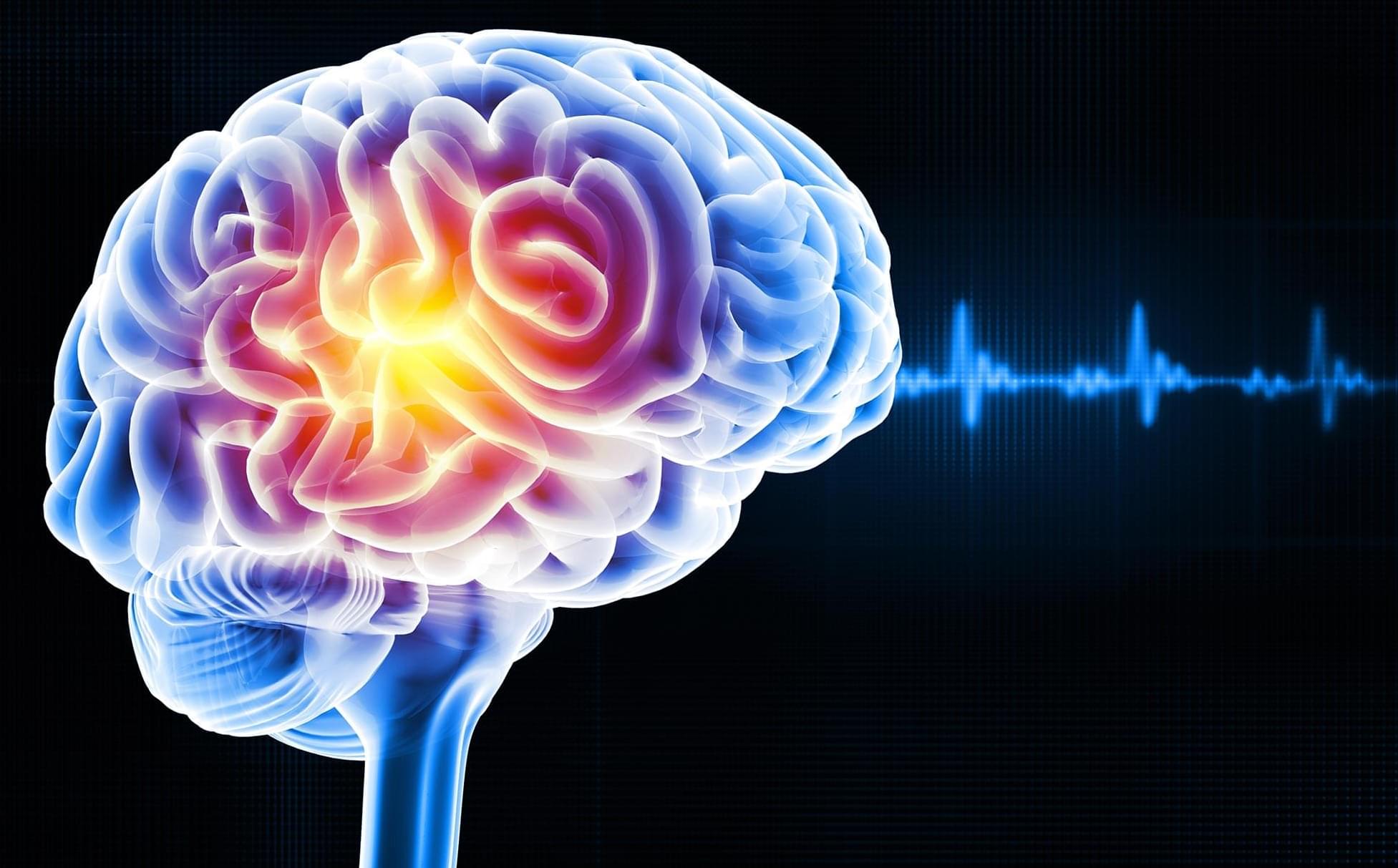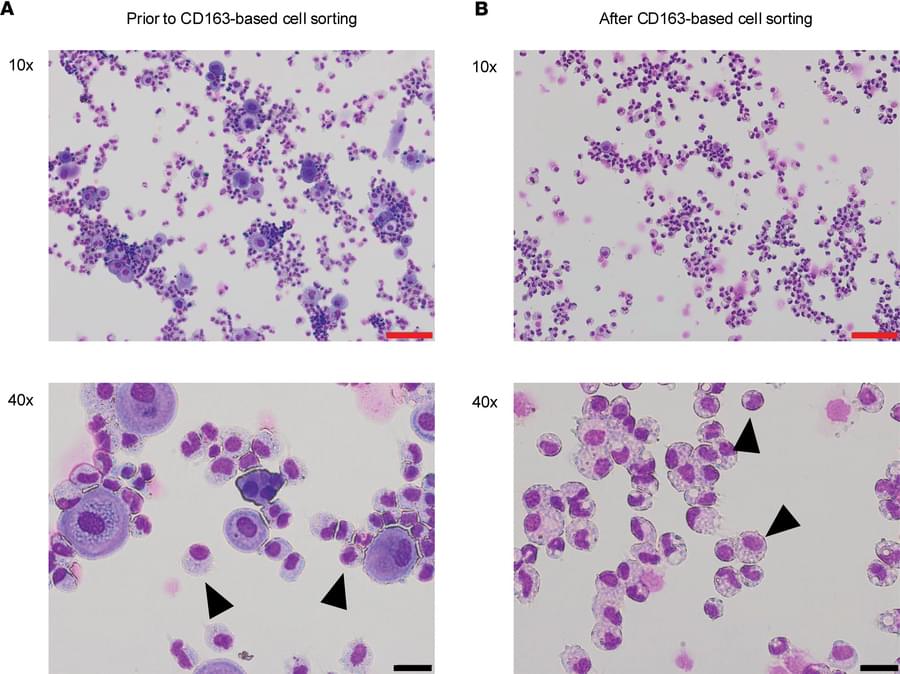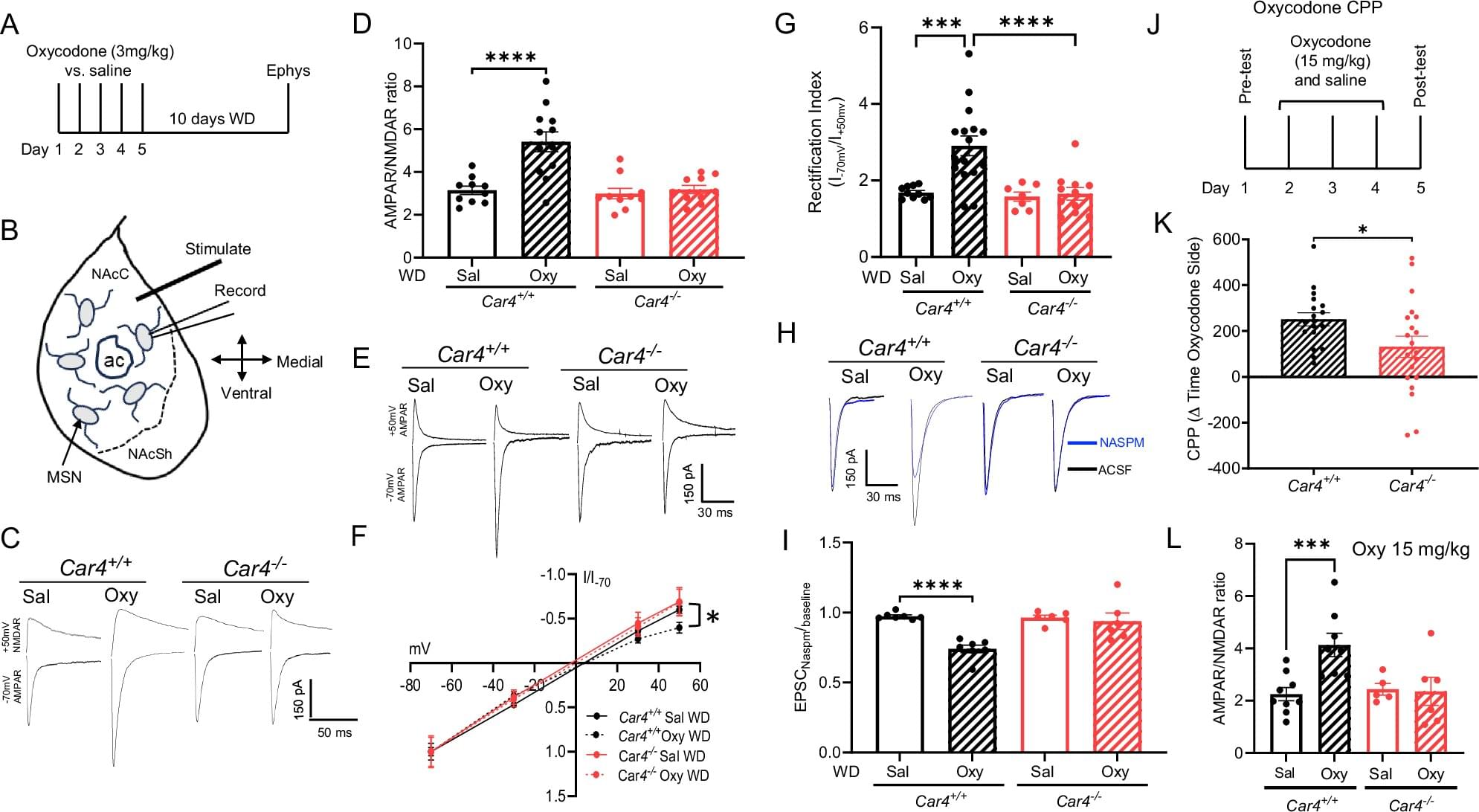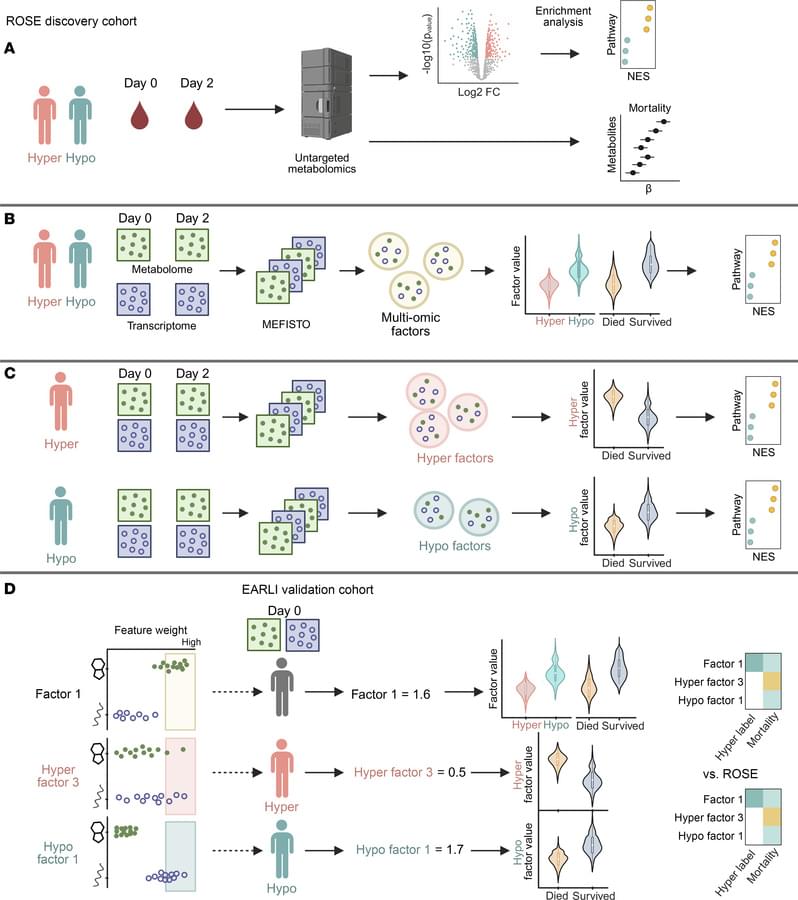Predicts significant advancements in AI capabilities within the next decade, which will have a profound impact on society, economy, and individuals, and emphasizes the need for careful governance, equitable distribution of benefits, and responsible development to mitigate risks and maximize benefits ## ## Questions to inspire discussion.
AI Scaling and Progress.
Q: What are the key factors driving AI progress according to the scaling hypothesis?
A: Compute, data quantity and quality, training duration, and objective functions that can scale massively drive AI progress, per Dario Amodei’s “Big Blob of Compute Hypothesis” from 2017.
Q: Why do AI models trained on broad data distributions perform better?
A: Models like GPT-2 generalize better when trained on wide variety of internet text rather than narrow datasets like fanfiction, leading to superior performance on diverse tasks.







